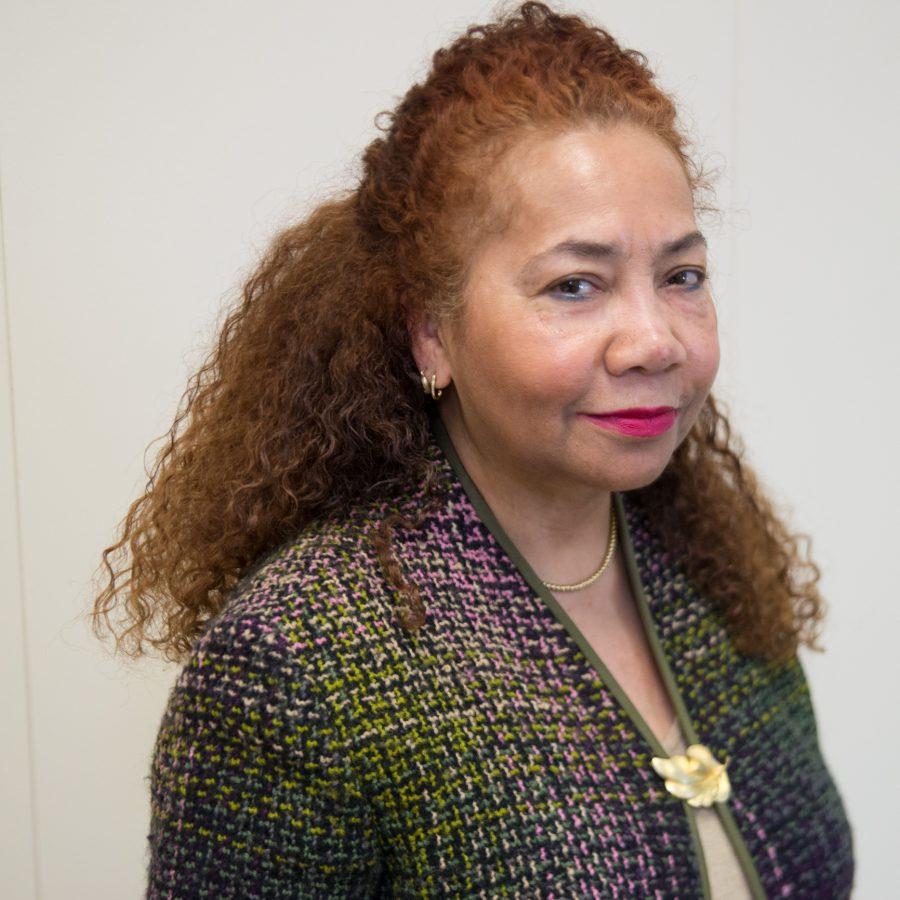English Professor Barbara Lewis is traveling to Palestine to research theater as part of a faculty development program with the Palestinian American Research Center (PARC). Alongside nine other participants from U.S. universities, she will visit academic and cultural institutions along the West Bank.
The PARC was formed in 1998 to promote Palestinian studies and facilitate exchange between scholars interested in Palestinian affairs. The 12-day “Faculty Development Seminar” enables participants to further their Palestinian research interests and establish relationships with local scholars. Applicants were required to submit a project proposal.
As her primary field of study, theater has brought Lewis all over the world to experience first hand the different forms it can take. She was inspired to apply to the PARC seminar after seeing a posting online. While researching for her project proposal, she became interested in Palestinian theater as related to the region’s status as an Israeli subject state.
“I learned about how Palestinian theatre has been used as a tool of empowerment, and [for] sustaining humanity of a people who have been under the thumb of another society,” says Lewis, who is also the director of the William Monroe Trotter Institute for the Study of Black Culture.
This use of theater is similar to the way African Americans use theater as a “voice and presence,” says Lewis. She aims to investigate the types of Arabic theater forms that have been developing during the current 20th century conflict.
El-Hakawati, the Palestinian National Theater, is named for the word that means “storyteller” in Arabic.
“[Historically,] a ‘hakawati’ is a figure who tells the story of a group of people, who then connect with him. The stories and myths are a way to generate political cement.”
The same organization that funded the El-Hakawati theater funded the Negro Ensemble Company (NEC) in the 1960s, says Lewis, referencing one of the first outlets for African American theatrical talent and productions. In her project proposal Lewis argued the relationship between the two, and the similar roles theater plays in the African American and Palestinian communities.
An example of the research material she used was the documentary “Al Helm: Martin Luther King in Palestine,” about an African American gospel choir singing in a Palestinian play about Martin Luther King Jr. It connects the American civil rights movement with the Palestinian one for social justice.
Lewis hopes to make different contacts through going to the different Palestinian universities, and in her project’s proposal she asked for the opportunity to co-author an article with a Palestinian scholar.
Other participants in the program come from universities such as the University of Massachusetts Amherst, MIT, Brown University, Williams, Wesleyan, and more. The seminar will run May 14-25.

